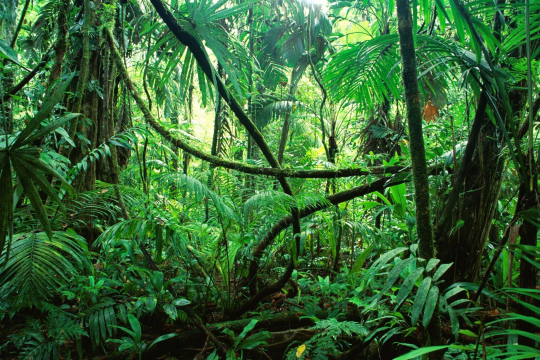Abstract
Deforestation adversely impacts human health through mechanisms such as increased air pollution, shifts in disease vector distributions, and changes in local climate. Although the influence of deforestation on human health is recognized, its effects on infant health outcomes have been insufficiently studied. This paper examines the effects of deforestation on infant health by analyzing birth certificate data from 2011 to 2021 across Mexican municipalities, combined with satellite-derived annual deforestation rates. We show that increased deforestation leads to decreased birth weight, higher rates of low birth weight (LBW), and reduced Apgar scores. Specifically, an increase of one standard deviation in deforestation results in a reduction of average birth weight by 19 grams, an increase in the probability of LBW by 0.43% points, and an increase in the probability of a low Apgar score by 4.7% points. These effects are consistently observed even after controlling for different definitions of forest cover, excluding data during the COVID-19 pandemic, and limiting the analysis to municipalities with at least 2% forest coverage. This study provides critical evidence that deforestation directly impairs newborn health in Mexico, highlighting a significant and underappreciated environmental cost with long-term implications for human capital. © 2024 The Author(s). Published by Informa UK Limited, trading as Taylor & Francis Group.
Author keywords
birth outcomes; Deforestation; newborn health

